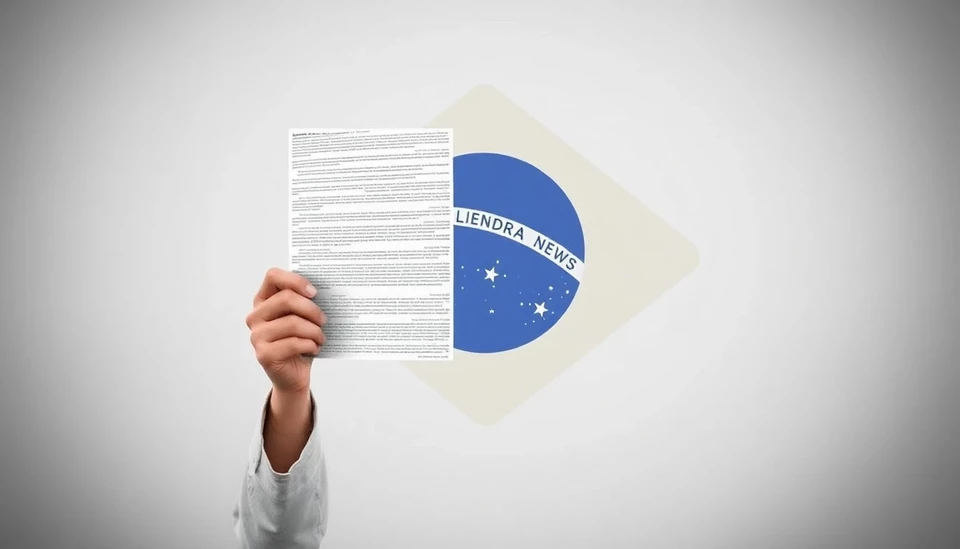
In a decisive move, the Brazilian government has initiated a robust campaign to combat the spreading tide of misinformation in the lead-up to the upcoming elections. As concerns mount over the potential impact of fake news on the electoral process, authorities are stepping up their efforts to ensure a transparent and honest political climate.
The initiative comes as Brazil gears up for what promises to be a contentious electoral season, with significant stakes for both the ruling party and opposition. Recent studies indicate that fake news has increasingly become a tool used to manipulate public opinion, particularly on social media platforms where misinformation can spread rapidly and without verification.
In response, the government has outlined a series of measures aimed at counteracting the influence of false information. These steps include the enhancement of digital literacy programs, aggressive monitoring of social media, and the establishment of partnerships with technology companies to flag and remove misleading content swiftly. The government is also exploring legal avenues to penalize those who spread fabricated narratives that could disrupt democratic processes.
Brazil's recent history is marred by instances where misinformation significantly influenced elections—culminating in the 2018 presidential election, where the spread of false information was rampant. Lawmakers and officials have learned from past experiences and are determined to not let history repeat itself.
Experts believe the government’s proactive stance is crucial, as misinformation can sway public perception and voting behavior. It is not merely an issue of accuracy but one of the integrity of democracy itself. As the election date approaches, the government aims to turn the tide against the false narratives that have gained traction in political discourse.
In parallel, civil society organizations and independent fact-checking groups are rallying to provide support in the fight against fake news. The collaboration between government institutions and civil actors is seen as an essential component of developing a comprehensive strategy to safeguard the electoral process.
Political analysts suggest that the real challenge lies in the implementation of these measures and ensuring compliance among various stakeholders. With the significant demographic that relies heavily on digital platforms for news consumption, the Brazilian government faces a daunting task to keep the narrative truthful and accountable.
As the election campaign heats up, Brazilians will be vigilant and hopeful that the steps taken by the government will mitigate the impact of misinformation, ensuring a fair and democratic process. The outcome of these efforts remains to be seen as all eyes turn to Brazil’s electoral battle.
Observers are now keenly monitoring how elected officials utilize this crackdown on misinformation. The success of the government’s initiatives could set a precedent for future elections, not only in Brazil but across the globe where similar challenges of fake news are emerging.
As the nation prepares for the polls, it remains critical for all voters to remain informed accurately, promoting a healthy dialogue free from the distortions of fake news. This critical juncture may define the political landscape in Brazil for years to come.
#BrazilElections #FakeNews #MediaIntegrity #Democracy #PoliticalMisinformation #DigitalLiteracy #Election2025
Author: Rachel Greene




